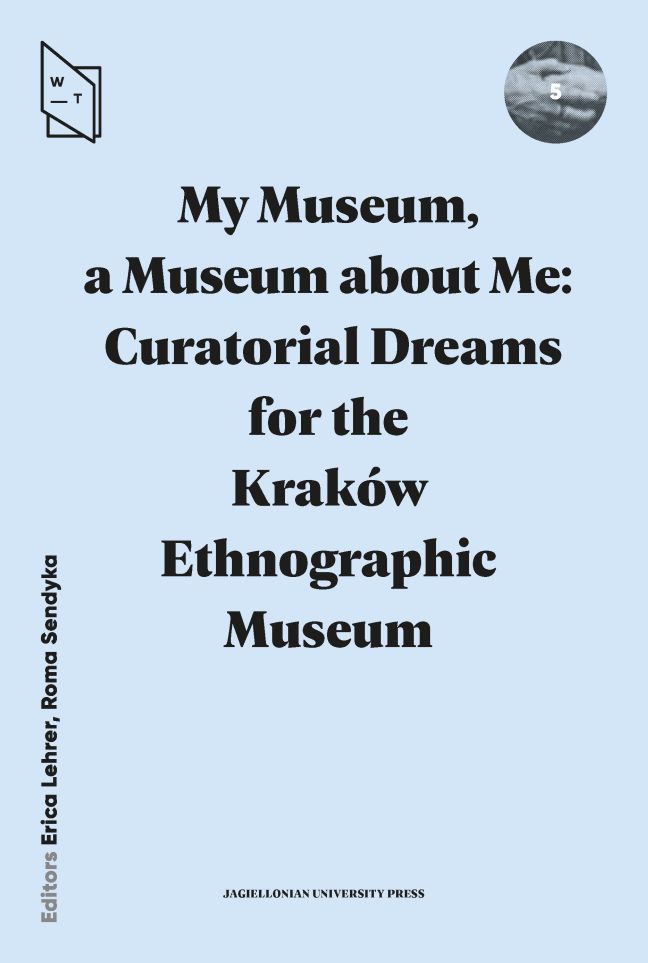She-Hackers
Published online by Cambridge University Press: 01 March 2024
Summary
1.
The majority of Polish museums enshrine the principles of the Polish culture of memory—principles that are not always easily recognized. Ostensibly neutral, they offer a vision of a default and uniform Polishness, “normal” in regards to gender, ethnicity, class, religion, and worldview. This legacy is an area of interest to historical politics, and at the same time the contemporary moment presents important challenges to it. While the Ethnographic Museum in Kraków has, on occasion, challenged this normative Polishness, its permanent exhibit has, to a large degree, organized and unified Polish memory in accordance with its dictates.
2.
In regards to the limitations of “Polish museum discourse” the authors of the present Curatorial Dream advocate the power of intervention: a temporary, maybe ad hoc, preliminary, but nonetheless a powerful approach to an institution, not with the aim of taking it over, but in order to place question marks in certain areas, catalyzing reflection. One of the metaphorical terms they proposed for this activity is “hacking” (indeed, maybe hooking, or accosting) the museum.
The word “hacking,” before it reappeared in Polish carrying with it the English reference to the digital context, was well known to old lexicographers. “Hacking, to hack”—explains Samuel Bogumił Linde—is to “pierce, to cross-cut already-plowed ground.” Linde was not, of course, aware of today's hackers, but he offers the term “hacker” for the work of “a laborer of hacking” (who for us today could be male or female!).
Of the various dictionary definitions of the term “hack,” the one that interests me the most is that which brings us closest to the sphere of the museum intervention. The Słownik warszawski [Warsaw Dictionary] says that a “hack,” is also a “loophole, a stratagem, a contrivance, a ruse, a trick, a gimmick,” and thus a way of using the intellect and the power of invention, which surprises the person it is confronting; this confrontation does not, however, seem to take the form of a life-or-death battle. This definition is illustrated with the words of Łukasz Górnicki, with reference to flirting: “Who can count all the tricks, all the hacks, that men use on women?”
- Type
- Chapter
- Information
- My Museum, a Museum about MeCuratorial Dreams for the Kraków Ethnographic Museum, pp. 177 - 180Publisher: Jagiellonian University PressPrint publication year: 2023

